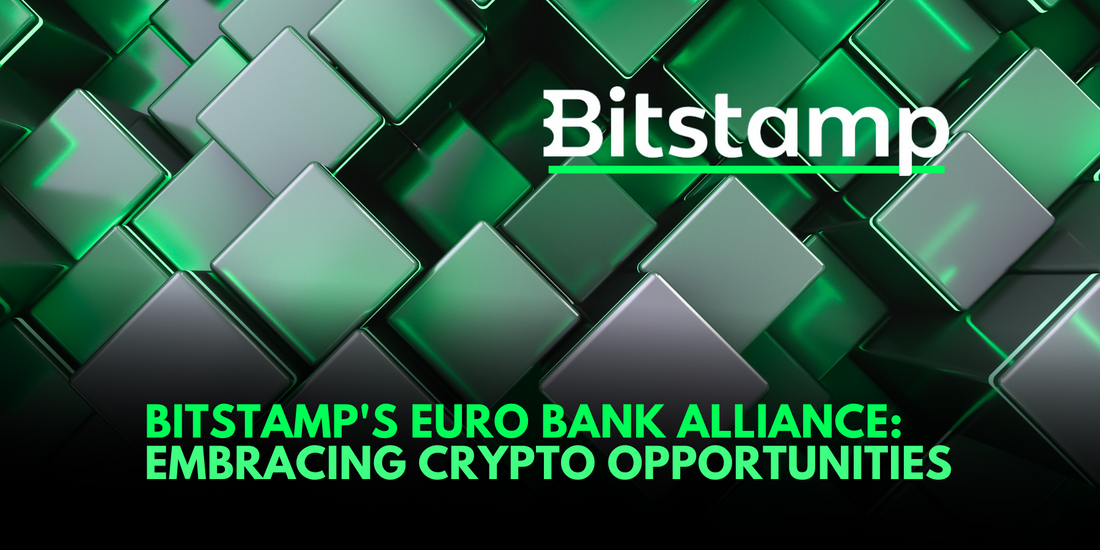
Bitstamp's European Banking Partnership: A MiCA Regulatory Boost
Bitstamp, one of the longest-standing cryptocurrency exchanges, is currently engaged in discussions with several prominent European banks to facilitate the offering of cryptocurrency services. This development highlights a significant shift in the financial landscape, driven by the European Union's Markets in Crypto Assets (MiCA) regulatory framework, which is fostering greater acceptance of digital assets within traditional finance institutions.
In contrast to the United States, where regulatory authorities are taking an increasingly stringent stance on cryptocurrencies, Europe appears to be embracing the digital asset revolution. Bitstamp's revelation of ongoing talks with three major European banks signals the growing interest in integrating cryptocurrency services into the offerings of conventional financial firms. These discussions are expected to culminate in the launch of crypto services by the first quarter of the coming year.
Robert Zagotta, the Global Chief Commercial Officer of Bitstamp and CEO of its U.S. division, shared insights into the company's endeavors. Bitstamp has witnessed a surge of interest from European banks regarding its Bitstamp-as-a-service initiative. This offering, characterized by white-label licensing and technology integration, empowers banks and fintech firms to facilitate cryptocurrency trading. Zagotta disclosed, "In the last six to nine months, we've had quite an increase in inbound inquiries about this offering from large European banks." While the banks in question have not been disclosed, their prominence within the European financial landscape is undeniable.
However, the situation in the United States presents a stark contrast. Regulatory authorities in the U.S. have intensified their scrutiny of cryptocurrencies, prompting some large, regulated firms to consider relocating their crypto operations to more favorable jurisdictions, such as Singapore.
Bitstamp's commitment to regulatory compliance and governance has positioned it favorably in the aftermath of recent industry challenges. Following the collapse of FTX and the regulatory pressures faced by cryptocurrency exchange giant Binance, Bitstamp has experienced substantial growth. The exchange witnessed a 36% increase in corporate onboarding during the first half of 2023 compared to the latter half of 2022. Part of this growth can be attributed to the redistribution of market share after FTX's exit from the market.
Zagotta acknowledged the industry's vulnerability to further disruptions, emphasizing the need for a level playing field and responsible practices. He stressed the potential consequences of a major player like Binance encountering significant regulatory issues, underscoring the importance of a stable and well-regulated crypto ecosystem.
In summary, Bitstamp's ongoing discussions with European banks represent a significant milestone in the convergence of traditional finance and cryptocurrency. The MiCA regulatory framework in Europe is fostering an environment conducive to collaboration between established financial institutions and crypto exchanges, while the United States grapples with regulatory challenges, potentially leading to the relocation of crypto operations. Bitstamp's commitment to regulatory compliance positions it as a reliable partner for the financial industry, ensuring a more stable and sustainable crypto landscape.
